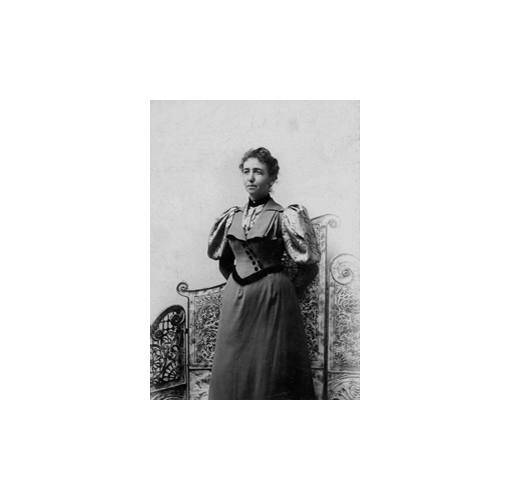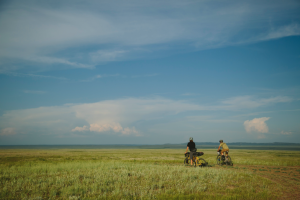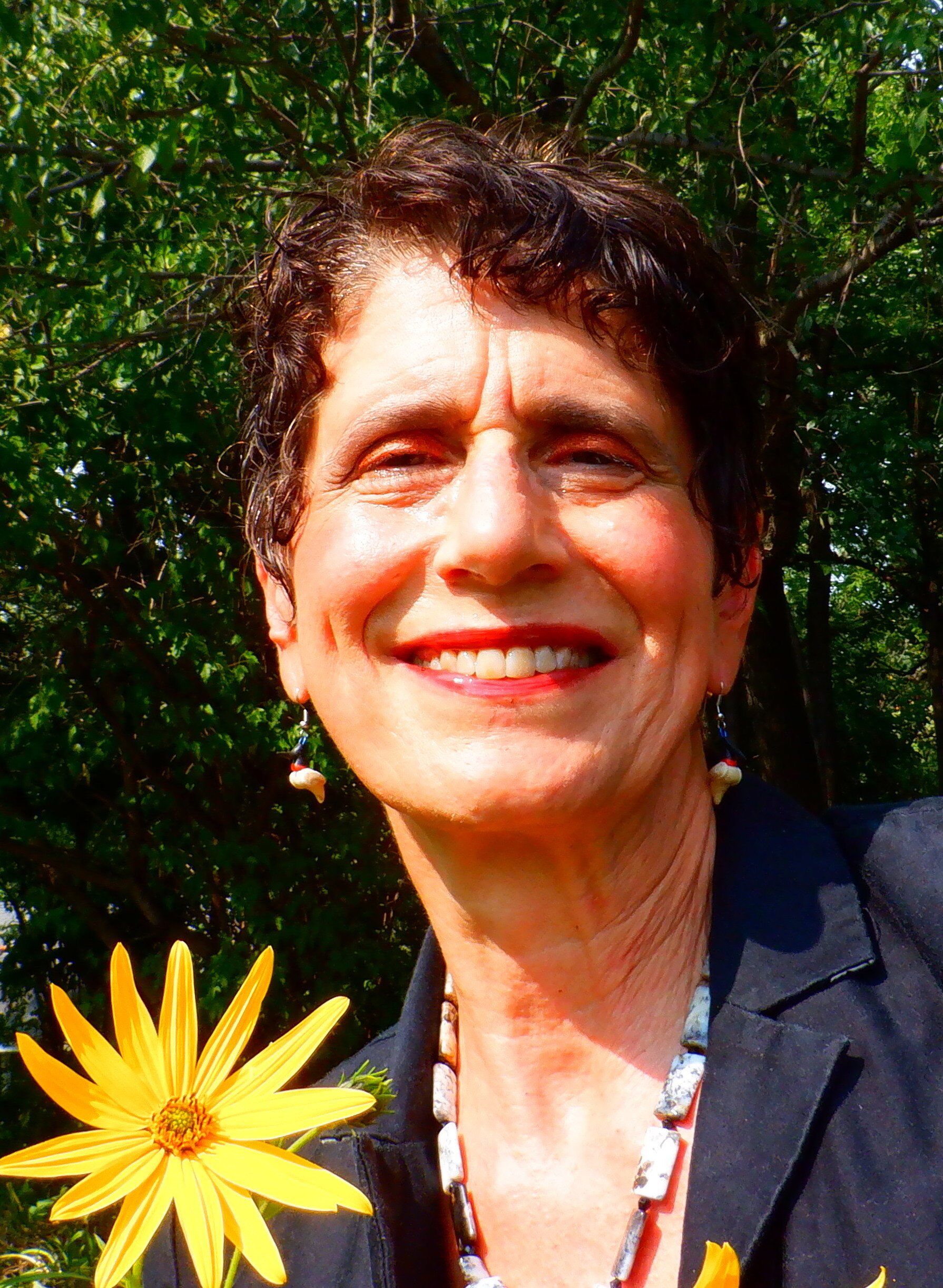
Conservation Was Easier Back Then
Featured Image: Eloise Butler as a young woman, ca 1890s. (c) Blanch’s Studio, Minneapolis.
This is a love letter to a woman who is responsible for preserving a beautiful oasis near the home where I grew up. Eloise Butler lived at the turn of the last century. She worked hard, trying to preserve and protect an area that has ended up being an iconic wildflower oasis in my hometown. I have always identified with this schoolteacher and her conservation journey. I too taught school and wanted out of the noise of the classroom so that I could work in and protect my beloved world of nature.
In the 1980’s I found myself burnt out from teaching which led me to seek healing and direction for my life as a volunteer in the Martha Crone Shelter in the Eloise Butler Wildflower Garden near my home. I loved photographing wildflowers and talking to visitors. It was an experience that led to my career as a naturalist and nature center director.
To pay homage to the goals of this woman, who in spite of the unfair treatment of women in careers at the turn of the last century, was able to achieve so much, we owe her memory and life’s work a new discussion.
This new discussion is about the forces that work against conservation. Often framed as a fight between greedy developers and conservationists, there is one more player involved. This player is best introduced by looking at the world in 1907 when Eloise was fighting for the garden which was named after her. The United States had just reached the 87 million mark in population and the global population was 1.75 billion. In Minneapolis where the garden is located, just next to the suburb of Golden Valley where I grew up, the population was just over 200,000. The state of Minnesota had not yet reached 2 million. If those numbers had stayed the same, life would be immensely different and conservationists would be on easy street.
If we can for a moment, divorce ourselves from any unkind and often undeserved implications, the very fact that Eloise Butler Wildflower Garden now exists in a world of 429,000+ Minneapolis residents, 5.68 million Minnesotans, 331 million Americans, and nearly 8 billion people globally is a game-changer.
Eloise Butler did not have it easy. There was much to be learned about conservation in her day, after all the once abundant Passenger pigeon became extinct during her day, with no hunting regulations in place. But conservation is so much harder when pressures from population growth force compromises, which never favor the natural world on which we all depend.
The first lessons we learn and teach as naturalists are all about the food chain and how the plants as producers are the foundations of life. As one travels up the food chain those dependent on these food and oxygen makers must be less in numbers. Much of what we are experiencing in our failures to protect the natural world can surely be attributable to greed and lack of land ethics, but we cannot keep ignoring the sheer force of our numbers perched precariously as we are on top of this rigid structure. We act as if adding over 244 million Americans since this visionary conservationist lived had little impact on wildflowers and wildlife. Even worse, we act like overpopulation is an overseas problem, when our growth in the US is also out of control and fueling the way development destroys our flora and fauna. Those who might consider it as an issue often choose to focus on encouraging people to use cloth bags, avoid pesticides, and ride bicycles. Although all good suggestions, we must remember we are apex predators, and just our water demand, our use of sanitation and energy and our need for food and shelter acts as a giant bulldozer locally and globally. Even 1,000 Eloise Butlers could not stop this stampede.
I doubt whether the destructive force of overpopulation was ever on Eloise Butler’s mind, but she was smart and courageous, and I would bet if she were alive today, she would be taking up the reins on this issue like so many of my colleagues have done. She would not stand for green-washing nor would she stand down on tough issues. Nothing would honor her legacy more than to find ways to bring overpopulation back to the conservation table before it’s too late.
Originally appeared on Karen Shragg’s Moving Upstream Blog on Jan. 20, 2021.
Dr. Karen I. Shragg is a retired nature center director, naturalist, author, poet, and overpopulation activist. She writes and speaks mostly about the impact of overpopulation on the natural and geo-political world. Her books include, Move Upstream: A Call to Solve Overpopulation (2015) and Change Our Stories, Change our World (2020) both from Freethought House Press. In addition to starting an LLC, Move Upstream Environmental Consulting, she is a children’s book co-author of the popular series, Nature’s Yucky from Mountain Press. She can be contacted through her website, www.movingupstream.com.


